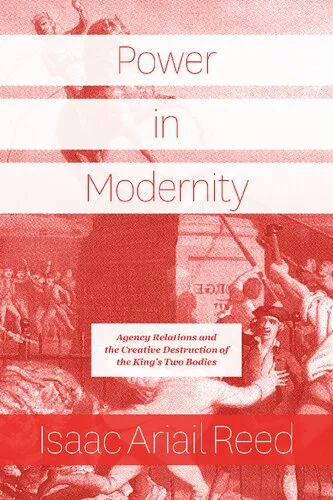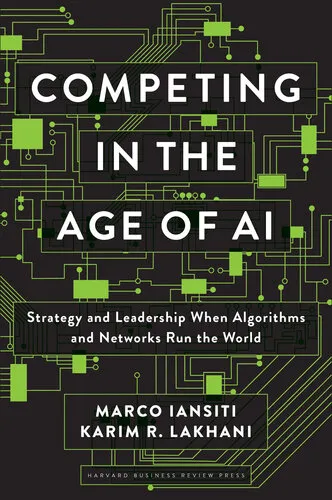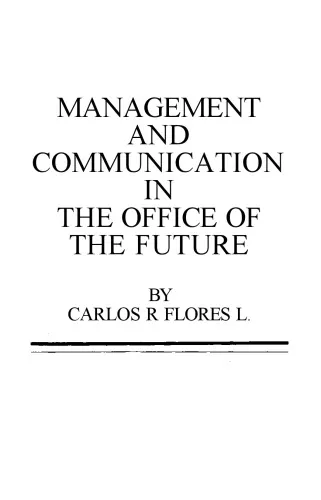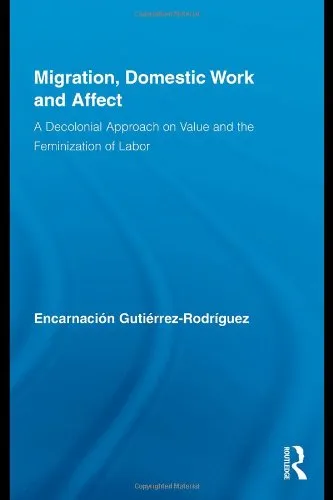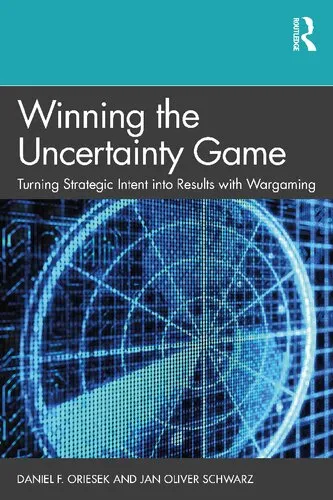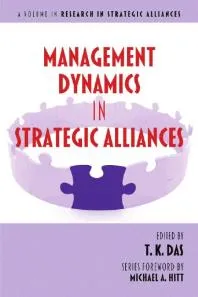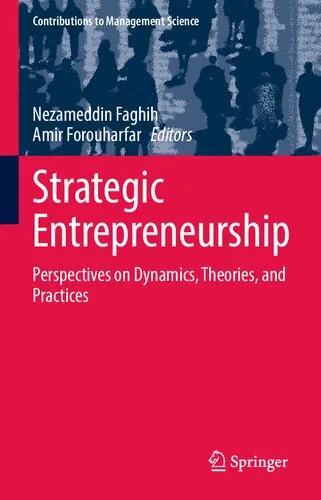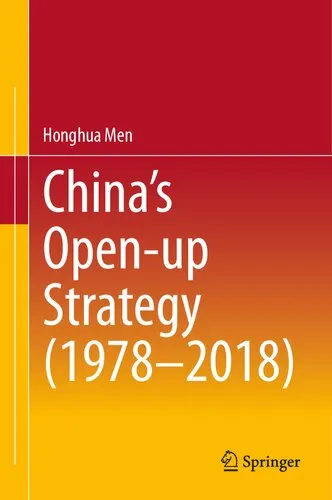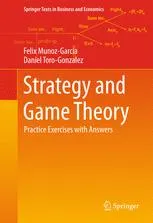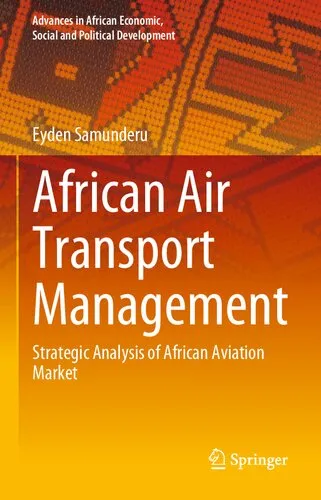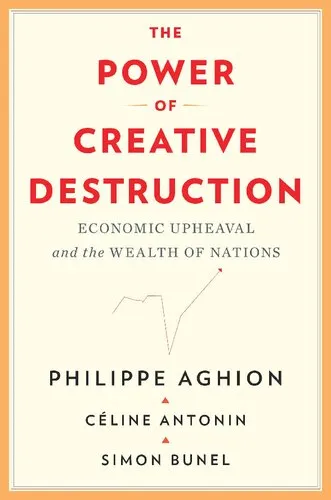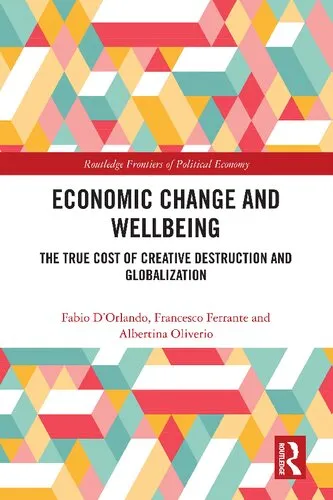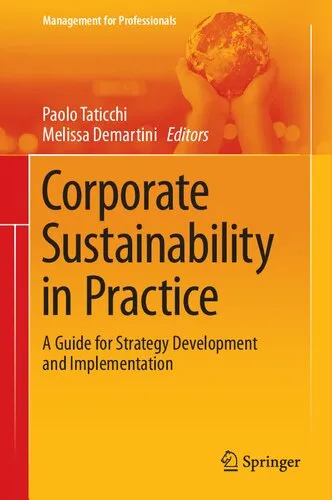Power in Modernity: Agency Relations and the Creative Destruction of the King’s Two Bodies
4.0
Reviews from our users

You Can Ask your questions from this book's AI after Login
Each download or ask from book AI costs 2 points. To earn more free points, please visit the Points Guide Page and complete some valuable actions.Related Refrences:
Introduction to "Power in Modernity: Agency Relations and the Creative Destruction of the King’s Two Bodies"
Welcome to an exploration of the intersection between power, agency, and identity in modern society through Isaac Ariail Reed's transformative book, "Power in Modernity: Agency Relations and the Creative Destruction of the King’s Two Bodies." This work delves into the intricate nuances of power relations and examines how historical and modern governance mirrors the paradoxes of authority and legitimacy. By deconstructing the metaphor of the King’s Two Bodies, Reed provides a profound insight into the evolution of power dynamics in the context of modernity.
Detailed Summary of the Book
Isaac Ariail Reed embarks on a scholarly journey that interrogates the evolution of power from medieval to modern societies, centering on the philosophical and practical implications of the "King’s Two Bodies" doctrine. This medieval political theology, which considers the king as both a mortal individual and an enduring institution, serves as a metaphorical framework through which Reed examines how political power has been constructed, maintained, and transformed over centuries.
Reed argues that the transition to modernity did not signify the obliteration of the King's mystical body but rather its transformation into new forms of governmental and institutional power. He critically analyzes various case studies across different historical epochs to illustrate how agency, authority, and legitimacy have been redefined in response to changing socio-political landscapes. Through these analyses, Reed sheds light on the creative and destructive forces at play in historical transitions and the ongoing process of redefining power.
Key Takeaways
- The concept of power is multifaceted and evolves with shifting socio-political contexts.
- The metamorphosis of authority, from divine right to postmodern bureaucracy, reveals a continuum rather than a rupture in power structures.
- Historical narratives of power can be understood through the lens of agency relations and their dynamic transformations over time.
- Reed's examination of power challenges modern assumptions about the definitive break from past traditions of sovereignty and governance.
Famous Quotes from the Book
"Power is not merely the ability to enforce compliance but is an ever-essential process of constructing the realities within which we operate."
"Modernity was not the eradication of the King's mystical body; it was its transformation into the bureaucratic and impersonal forms of control and influence we experience today."
Why This Book Matters
"Power in Modernity" is an essential read for anyone engaged in the study of politics, sociology, or history. Reed’s incisive approach to interrogating power offers invaluable insights into the complexities of agency and authority across different societal structures. The book challenges the reader to reconsider the continuity between medieval and modern expressions of power, providing a bridge to understand contemporary political phenomena in a historical context.
Reed's work is not just a theoretical exploration; it is a call to critically evaluate the narratives of power that shape our modern existence. By understanding the historical transformations of agency and governance, readers are better equipped to navigate the intricacies of modern institutional dynamics and their implications for contemporary social and political relations.
Free Direct Download
You Can Download this book after Login
Accessing books through legal platforms and public libraries not only supports the rights of authors and publishers but also contributes to the sustainability of reading culture. Before downloading, please take a moment to consider these options.
Find this book on other platforms:
WorldCat helps you find books in libraries worldwide.
See ratings, reviews, and discussions on Goodreads.
Find and buy rare or used books on AbeBooks.
1376
بازدید4.0
امتیاز0
نظر98%
رضایتReviews:
4.0
Based on 0 users review
Questions & Answers
Ask questions about this book or help others by answering
No questions yet. Be the first to ask!
